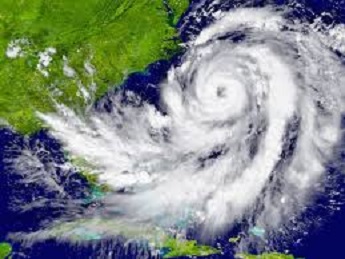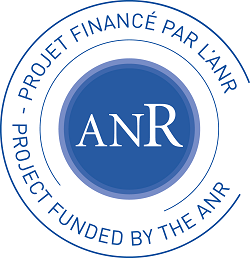
ANR Project T-REX
New TRends in EXtremes,
prediction and validation

 |
ANR Project T-REX New TRends in EXtremes, prediction and validation |
 |
|
|
|
|
|
|
|
PROJECT
In meteorology and weather forecast, the current numerical weather prediction (NWP) models are rather skillful for non-extreme weather events but often fail to provide accurate predictions on extreme weather events. One objective is to derive new statistical post-processing methods that are tailored to the output of existing NWP models in order to improve the forecast of extreme weather. Tree-based method such as generalized random forest for extremes will be developed. Data sets required to develop and validate the new proposed methods will be provided by the Centre National de Recherches Météorologiques (CNRM). In energy and electricity consumption forecast, balancing production and demand is a major concern and forecasting the demand and especially its peaks is crucial. Electricit\'e de France (EDF) has developed a strong expertise where one key tool is the possibility to combine different models to improve prediction. Aggregation of experts is another main direction of the T-REX project with an emphasis on specialized/sleeping experts that focus on extreme regimes. EDF will provide relevant data sets for electricity consumption forecast. Extreme value theory (EVT) provides a theoretical framework for risk assessment and mathematically justified estimation of rare event probabilities. The T-REX project is rooted in EVT and will bridge different research fields to improve probability forecasts of extremes from complex and high dimensional systems. The structure of the project is as follows: A) Extreme value theory A1) Extreme quantile regression and the proportional tail model A2) Tree based method for extreme prediction A3) Multivariate extreme value theory B) Prediction and validation B1) Prediction by aggregation of experts B2) Validation of prediction C) Applications C1) Statistical post-processing of numerical weather predictions and extremes C2) Online forecast of energy consumption and extremes |
MEMBERS
The project members are : |
NEWS
|
| PUBLICATIONS To acknowledge funding, please mention "The authors acknowledge the support of the French Agence Nationale de la Recherche (ANR) under reference ANR-20-CE40-0025-01 (T-REX project)". The following research has been partly founded by the ANR project.
|